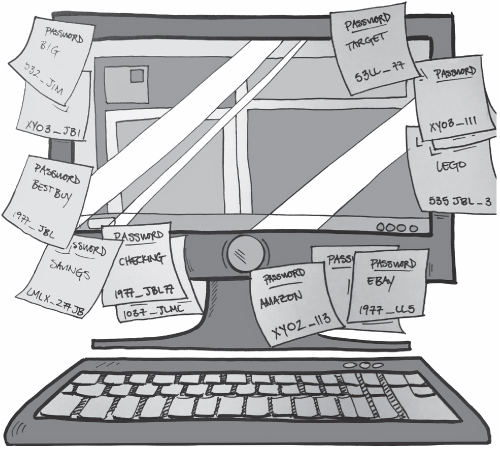CHAPTER 7Sovereign Identity

There's a growing password crisis. Everyone has too many passwords, and it will get resolved somehow, someday. Consider that almost 26 percent of call center calls are from people trying to reset their passwords. For this reason alone, it would be worthwhile to get rid of passwords. I can tell you that someday we're going to look back and we're going to laugh at all of the passwords and usernames we have because we're going to have something drastically different.
Identity is a platform—it's a disruptor, and it's a hot topic for every industry. So far, all the other identity plays have failed so far. Google, Microsoft, Facebook, LinkedIn, and so many more. Banks have explored this in the past but have failed because they weren't willing to collaborate. I believe this is changing now. This opportunity is wide open. No one has solved this. So, what is sovereign identity? Well, let's start off with just explaining what sovereign means.
Sovereign is a rightful status; it's also known as independence. When a nation is sovereign, that means that it is independent and no one has rule over it. A sovereign identity, for individuals, gives people a digital identity that only they can control and manage. Currently, identity paradigms like social media and bank logins are actually controlled by the companies that own those websites, not by the users who rely on ...
Get Breaking Digital Gridlock, + Website now with the O’Reilly learning platform.
O’Reilly members experience books, live events, courses curated by job role, and more from O’Reilly and nearly 200 top publishers.

